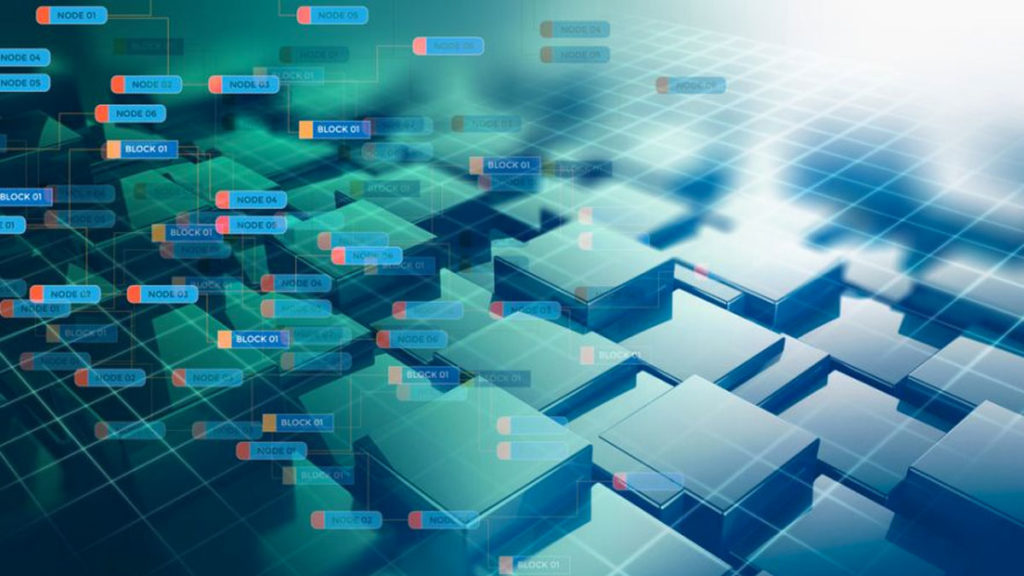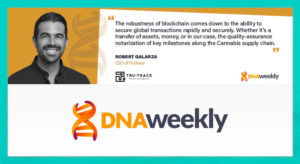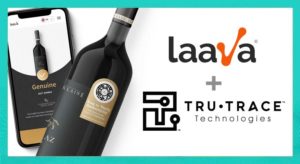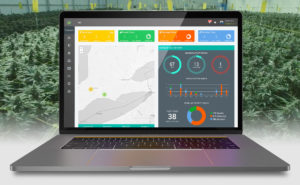How Blockchain Will Streamline Future Food Delivery
The future is streamlined. From the sleek skyscrapers of emerging architecture to our smarter, specialized workforces and lighter, more powerful computers, advancement is often equated to efficiency and refinement. For agribusiness, that means swifter, smoother, better organized deliveries that are easier to plan, track, and fulfill. To meet the needs of tomorrow, the disparate and haphazard systems of today must be replaced with a unified, simple protocol usable by anyone at any phase of the production pipeline.
Originating in the world of cryptocurrency, blockchain has emerged as the tracking system of tomorrow, bringing much-needed transparency and traceability to any industry that needs to update its recordkeeping. And what could be more important to track than the supply chains distributing the food we eat?
Because it was developed to record and secure cryptocurrency transactions, blockchain had to be both secure enough to prevent fraud and transparent enough to keep all users equally aware of any deals and their results. Agribusiness could profit immensely from blockchain, as its two primary features could do for food deliveries what this software has already done for healthcare, insurance, finance, and more. By embracing blockchain, all of these fields have taken steps toward a smoother, more reliable recordkeeping process. These two key features, decentralization and security, are what make blockchain such an indispensable part of any industry’s future-proofing efforts.
Spreading the Data: Decentralization
In the food industry, we definitely know the meaning of the phrase, “don’t put all your eggs in one basket.” Conversely, with blockchain, all the eggs are in every basket, as the system decentralizes its data, making the ledger visible to multiple sources throughout the network. Rather than store all the information in one vulnerable place, blockchain replicates the data across many locations.
This means that no one server is more vulnerable than any other, that nobody in a food distribution pipeline is less informed than anyone else, and that everyone throughout an entire shipping operation is aware of what everyone else is doing. Decentralization turns a host of affiliated companies and departments with their own tracking systems into a unified partnership where everyone can keep tabs on everyone else and respond in real time to important developments.
Checking Each Others’ Work: Security
Since blockchain is already distributed across an entire operation’s systems, its second major advantage grows right out of the first: when using blockchain, all changes appear at once across the entire network, and cannot be altered, hidden, or tampered with in any way. These changes must be confirmed by multiple stakeholders, to make sure everyone involved in a workflow is aware when anyone else takes an important step.
If someone takes out a loan, or a location is unreachable due to bad weather, or a firm undergoes a change in management, everyone is informed of all pertinent details at once. Thus, partners can ensure their efforts are synchronized for the most mutually beneficial shipping plan.
Blockchain in Action
Anyone in agribusiness knows that every day, every stakeholder could have their own crisis to deal with and that the links in a supply chain don’t politely wait to have emergencies one at a time. Imagine if on the same day, a shipping company’s truck broke down, a warehouse was overstocked and out of room, and a shipment of leafy greens was exposed to E. coli — all across three different companies in a pipeline.
With blockchain, all three emergencies would be known across the supply line. Working together in real time, people throughout the distribution process could isolate and recall all the contaminated produce, creating more room in another warehouse, and dispatch a backup truck and a tow for the stopped vehicle. And since everyone has to sign off on changes in blockchain, nobody risks taking redundant steps or overextending themselves as many teams become one.
Future-Proofing Food Delivery
Blockchain’s unparalleled security, transparency, and traceability offers the food distribution industry a leg-up moving into a more data-driven and proactive business landscape. Getting all the people and companies on the same page to move our food from farm to plate will turn one of the oldest industries in the world into a state-of-the-art, well-oiled machine. By adopting blockchain, we can futureproof agribusiness recordkeeping and communications to be ready for a more streamlined world.
Robert Galarza is Chief Executive Officer of TruTrace Technologies , developer of the first integrated blockchain platform that registers and tracks intellectual property from Genome to Sale for the cannabis industry.






